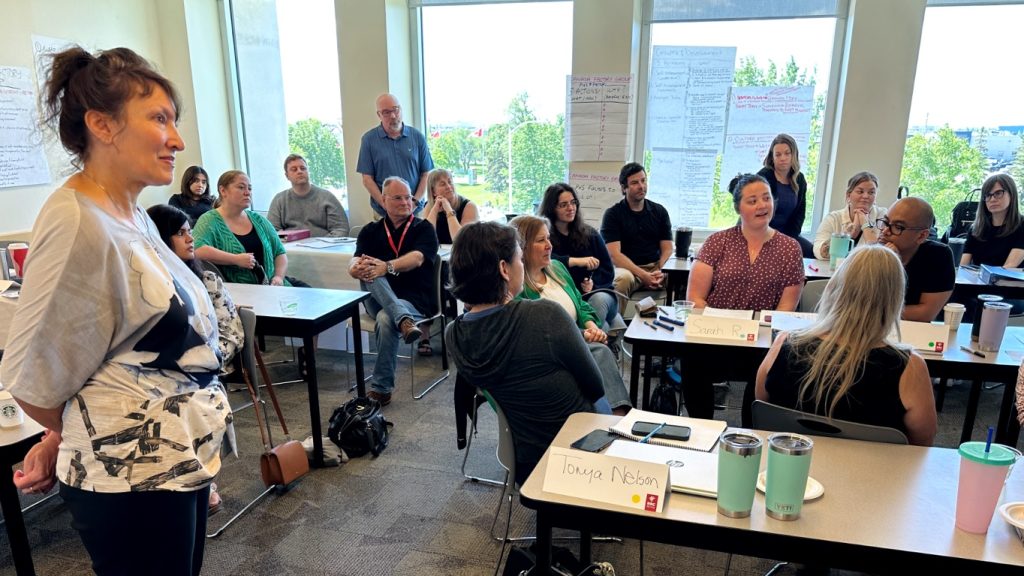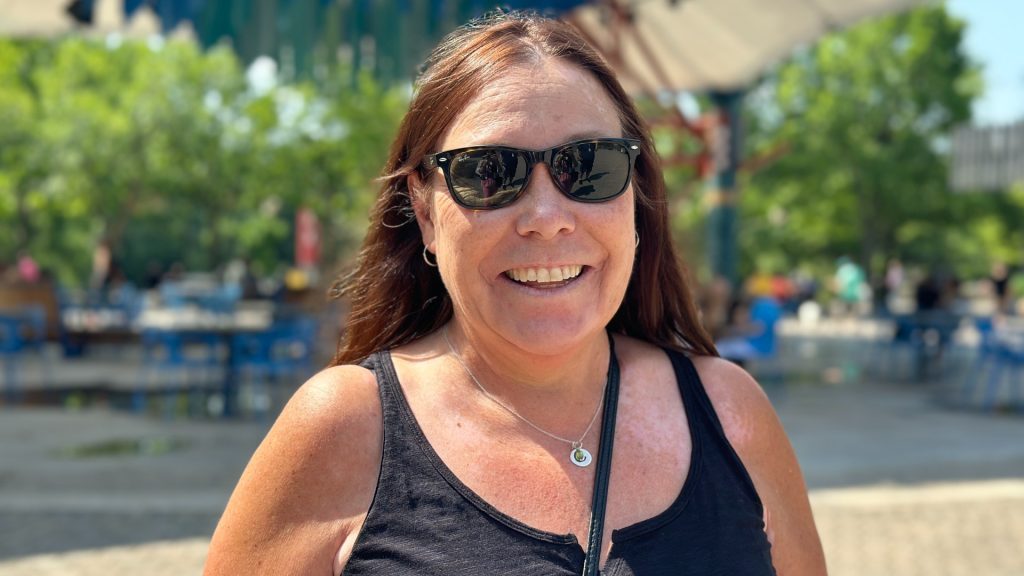Psychological health at work just as important as physical health: advocates

Posted July 6, 2024 9:19 am.
Last Updated July 6, 2024 9:22 am.
It’s been just over 10 years since Canada implemented its national standard for addressing mental health in the workplace.
Now more than ever, mental health advocates say psychological safety at work is just as important as physical safety.
“We want everyone to really think about, what do I need to do in the workplace that creates a safe environment for other people,” said Orianne Donig-Harder, the manager of employment workplace solutions at the Canadian Mental Health Association (CMHA).
According to the Mental Health Commission of Canada, 70 per cent of Canadian employees are worried about psychological safety of their workplace, and 14 per cent don’t think their workplace is safe.
“When workers aren’t feeling safe in in their workplaces, we’re going to see things like absenteeism,” Donig-Harder said. “What we call presenteeism, which is people still coming into work but they’re not producing. They’re not having those deliverables that we want workers to have.”

Donig-Harder says workplaces that aren’t proactive about mental health are becoming less tolerated, especially with younger people.
“We know that statistics show that 50 per cent of millennials have left a job for mental health reasons and 75 per cent of our Gen Z folks have left a job because they didn’t feel psychologically safe there,” she said.
Donig-Harder says employers need to regularly check in with employees about their wellbeing and form positive relationships with them so that when people are struggling, it’s easier to approach difficult conversations.

Collen Bula, who now works with Special Olympics, is one of many who have left a workplace because it affected their mental health.
Bula believes that in the mind of some employers, “if you don’t have good mental health, you’re not a good employee You’re not a good co-worker and you can’t be a good person if you don’t have good mental health.
“It’s overwhelming. You just feel like you want to give up. You truly do. But I am super lucky, we have an amazing workplace and mental health is huge on the priority list.”

Brad Hewlett, a Winnipeg business owner, says the wellbeing of his team members is very important to him.
“I do my best to make sure that we treat people with absolute dignity and respect,” said Hewlett, who owns The Forks Trading Company and Two Rivers at The Forks.
“You want to be respectful to everybody and the better you treat them, the better they’re going to work for you as well.”

The CMHA in Winnipeg has partnered with Red River Polytech for a new micro-credential training program that addresses psychological health in the workplace.
Donig-Harder says the first training session took place mid-June involving many people who worked in different positions such as employers, human resources, and employees.
Interested parties can contact the CMHA in Winnipeg for more information about the next session, which will be in the fall.
“Most workplaces have their traditional workplace health and safety programs. We want to introduce psychological health and safety and have that be the same focus as the physical safety of our workers,” Donig-Harder said.








